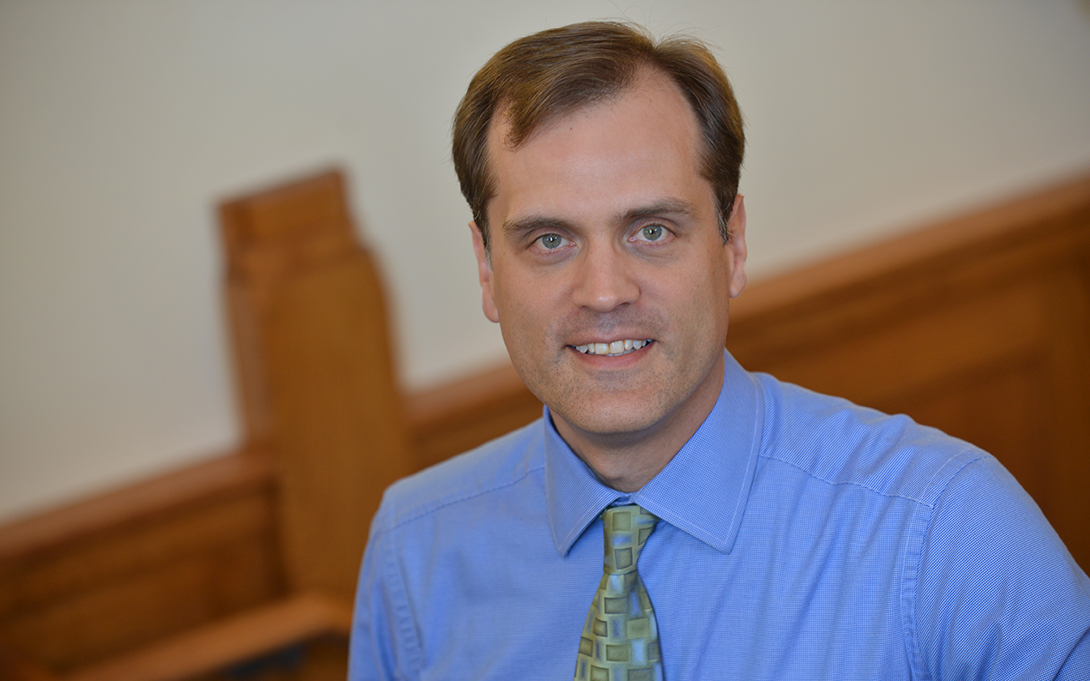
President Donald Trump’s reelection campaign would be taking a risk by focusing on what was once his hallmark issue: a booming economy.
In a recent BBC Brasil article, Ford School professor Jonathan Hanson evaluated the changing political climate in the wake of the administration's handling of the COVID-19 pandemic.
“In the past 3 months, Trump’s chances of reelection have diminished,” said Hanson. He notes that prior to the pandemic, Trump’s strategy had been to primarily run on the positive results of the economy and low unemployment. That has now evaporated.
In response, the president attempted a public strategy to show his plan and ability to coordinate the crisis response.
“Seeing the president go public to demonstrate that he has a plan and that he can coordinate the work is certainly something that would please Americans,” said Hanson. “But the results so far suggest poor management of the public health crisis.”
For Hanson, the move to change course again to economic recovery is a calculated one, intended to give Trump the only electoral message possible right now: that of the leader who turned the economy back on after a crisis. However, this position isn’t without risks. Charting a course for recovery from an economic crisis will be contested between Trump and his Democratic challenger, Joe Biden, who can fall back on his experience in the Obama administration’s response to the 2008 recession, and their ability to get the economy growing again.
“If you think about it, it is a risky speech for Trump, because he has never faced a recession before. Biden can use the experience of those who once pulled the country out of the quagmire in the campaign,” said Hanson.
Trump’s focus on reopening the economy before the virus is contained also carries an additional risk: a second wave of infections and deaths on the eve of the election. “In order to reopen, the United States would need to have at least a good amount of available tests and case tracking conditions. We have neither,” Hanson said.
To read the full article, an English-language version is published here.
Jonathan Hanson is a lecturer in statistics for public policy at the Ford School. As a specialist in comparative political economy and political development, he examines the ways in which, and the channels through which, political institutions affect economic performance and human development. In his recent projects, he has explored whether democracy and state capacity complement or substitute for each other when it comes to improving human development, why authoritarian regimes vary significantly in economic and social outcomes, how the spatial distribution of ethnic group populations interacts with political institutions to affect the supply of public services, and how to measure state capacity. Hanson holds an MA in economics and a PhD in political science from the University of Michigan.